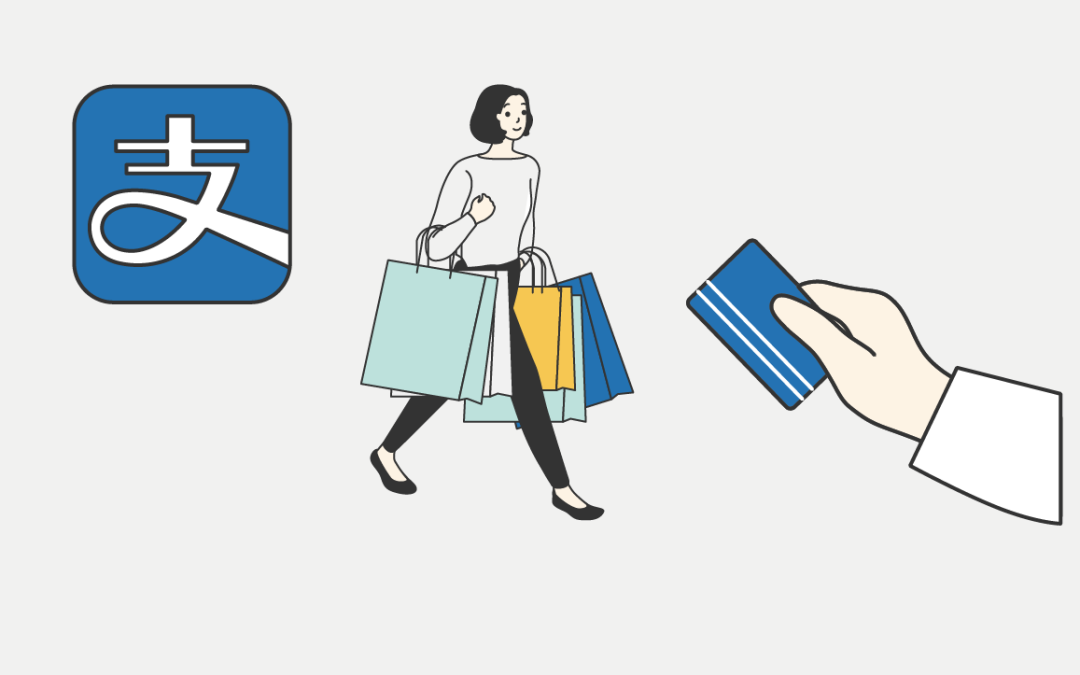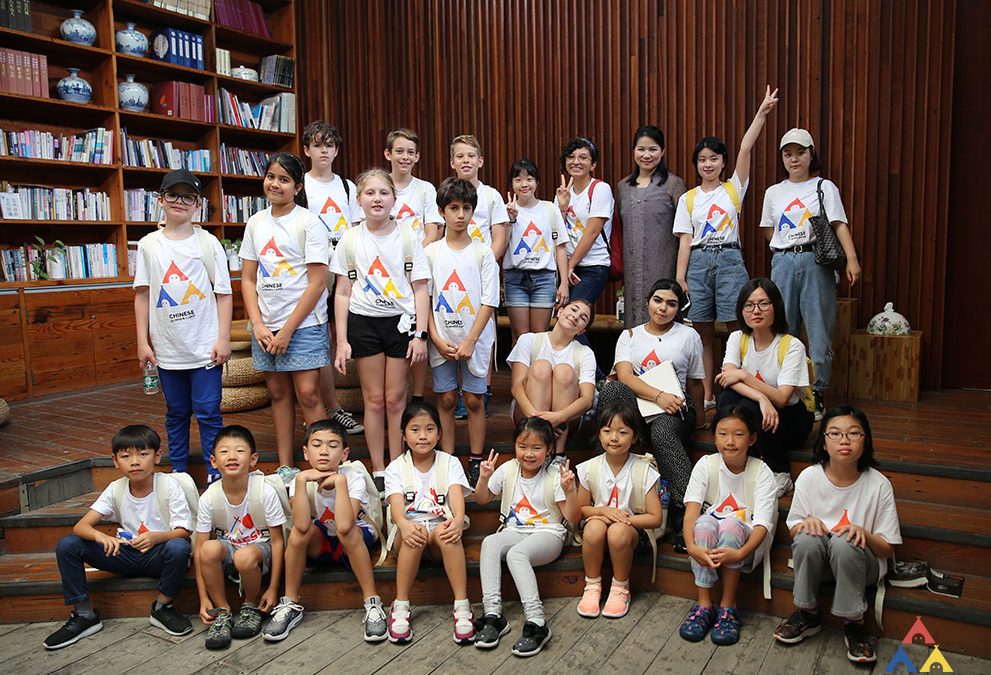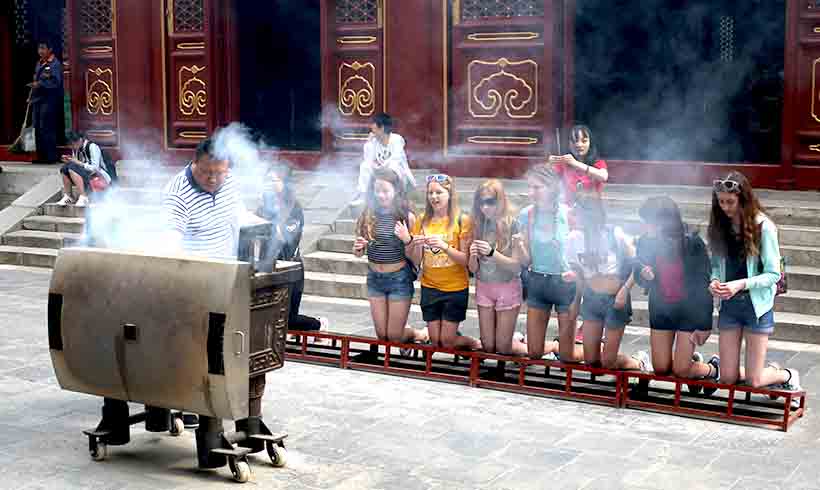If you’re thinking of coming to China, whether it’s for work, study or just for travel; it can make your time in the country more enjoyable if you can speak a little of the language. We’ve come up with 10 phrases that we think are essential to getting by in China. If you learn the basic phrases below, you should be able to manage in a whole host of different situations.
1. 你好 Nǐ hǎo – Hello
Even if you learn nothing else, make sure you learn how to say “hello”. Although you may not be able to hold a full conversation in Mandarin, your attempt at speaking the lingua franca will be much appreciated.
2. 谢谢 Xièxie – Thank you
Knowing how to say thank you is useful no matter what country you are in or which language you are speaking. If you are lost or don’t know what to order in a restaurant, a thank you never goes amiss
3. 不好意思 Bù hǎoyìsi – Sorry/excuse me
No matter whether you bumped into someone on a crowded bus or just want to ask someone a question; if you say 不好意思, they’re unlikely to get upset or offended. If you’re really sorry for something then you should say 对不起duìbùqǐ as it is a more sincere and meaningful apology.
4. 听不懂 Tīng budǒng – I don’t understand
Arguably one of the most important phrases on this list; 听不懂is your get out clause in almost any situation; even if your Chinese is good enough to understand what people are saying to you! So the next time you’re in a taxi and not in the mood for conversation, why not use this phrase and see what happens.
5. 我不会说中文 Wǒ bù huì shuō Zhōngwén – I can’t speak Chinese
Have you ever found yourself in a situation where, no matter how slowly or clearly someone speaks, you still have no idea what they’re saying? If you’re not fluent in Chinese, then this is the phrase to bring out when you get caught in such a predicament. Hopefully, they’ll go an find someone who can speak English to help you out.
6. 请问,您会说英文吗? Qǐngwèn, nín huì shuō Yīngwén ma? – Do you speak English?
Need to ask for directions or having trouble reading a menu? Pull out this phrase and, if you’re in one of the major cities at least, there’s bound to be someone in the vicinity who can speak at least a little English.
7. 多少钱? Duōshao qián? – How much?
Whenever people go travelling, souvenir shopping is almost always a must to appease friends and family back home so learning how to ask the price is essential. Learning to bargain is the next step, but that’s for another blog post.
8. 太贵了 Tài gui le – Too expensive
If you do end up bargaining in China, this phrase is probably one of the most useful. It’s also a good one to use when a merchant is harassing you to buy their goods and you want to get out of their shop and peruse somewhere else. A sharp 太贵了!should get them off your back.
9. 我不要 Wǒ bùyào – I don’t want it
In many towns and cities in China, especially the most popular ones with tourists, you will find street hawkers selling a whole variety of goods from bags and watches to colourful gel that sticks to walls and wheels with flashing lights for your shoes. Saying 我不要will get them to leave you alone.
10. 再见 Zàijiàn – Goodbye
It’s always nice to get some closure on a conversation, whether it’s on the phone or in person, so再见is a good phrase to know. Saying 拜拜bàibài is also an increasingly common way to say adieu to friends, family or even acquaintances in all situations and is slightly easier to learn for a lot of non-Chinese-speaking people.




